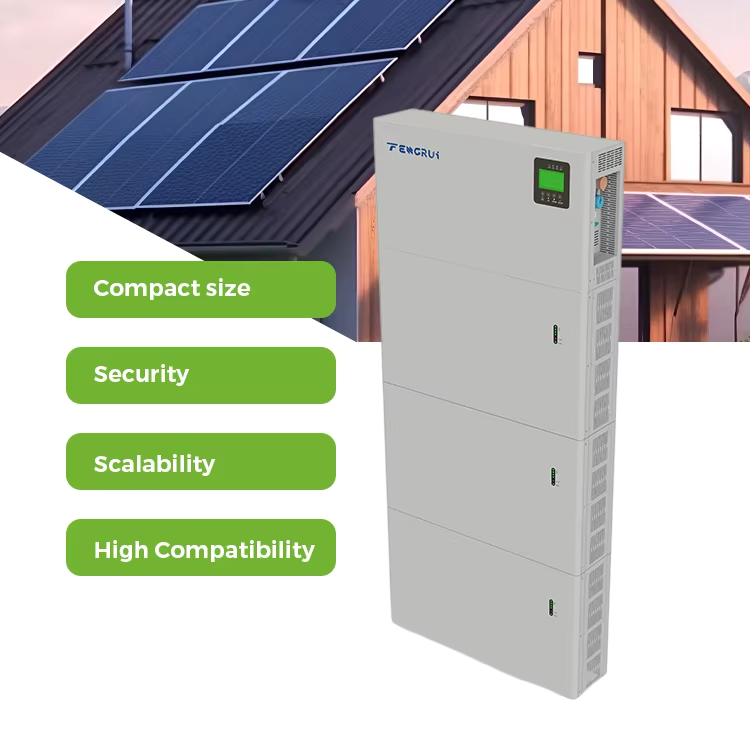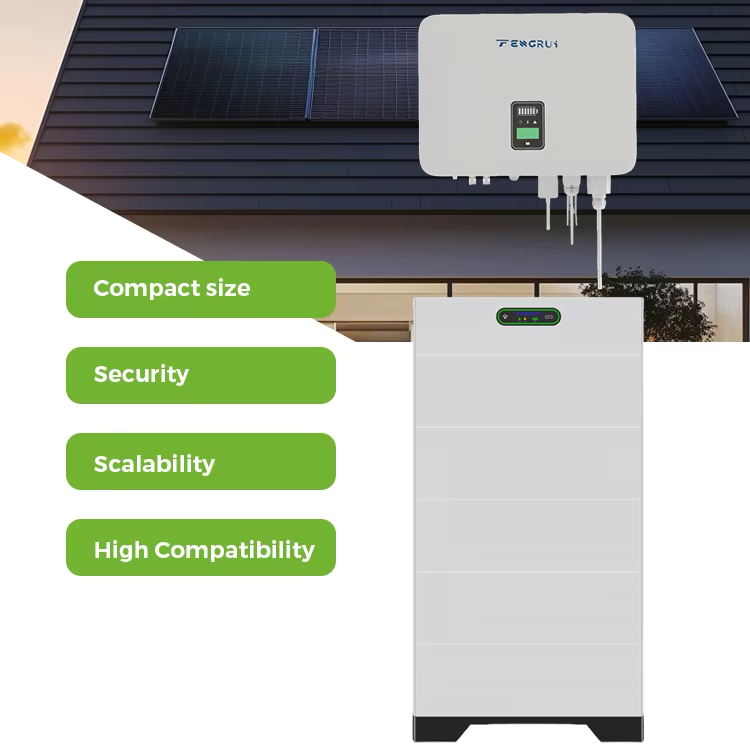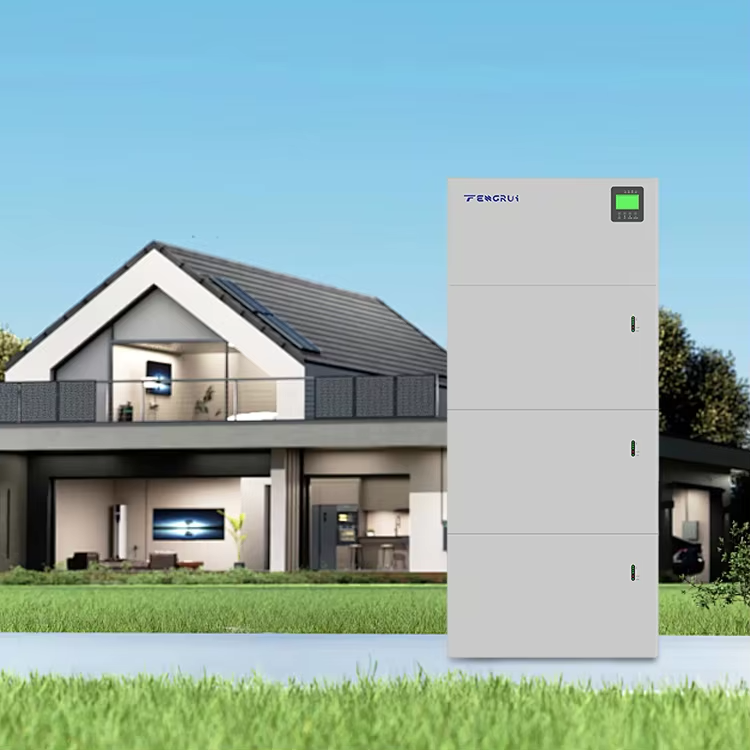lithium ion battery
Lithium ion batteries represent a revolutionary advancement in energy storage technology, serving as the powerhouse behind countless modern electronic devices. These rechargeable batteries utilize lithium ions moving between positive and negative electrodes to store and release energy efficiently. The technology employs a lithium-cobalt oxide cathode and a graphite anode, separated by an electrolyte solution that facilitates ion movement. During charging, lithium ions move from the cathode to the anode, and the process reverses during discharge. With their high energy density and excellent cycle life, lithium ion batteries have become indispensable in portable electronics, electric vehicles, and renewable energy storage systems. They typically operate at voltages between 3.6 to 3.7 volts and can maintain consistent performance throughout their discharge cycle. These batteries have transformed various industries by enabling the development of smaller, lighter, and more powerful electronic devices. Their applications range from smartphones and laptops to electric cars and grid-scale energy storage solutions, making them a cornerstone of modern technological advancement.


